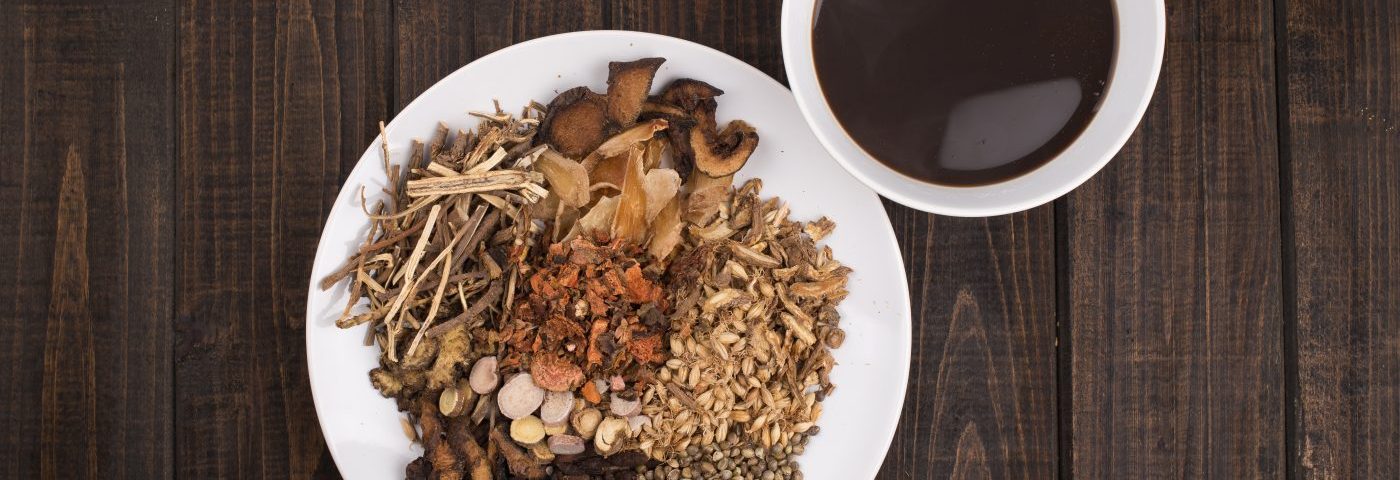Traditional Chinese medicine Bushen Huoxue, an herbal infusion, is safe and may be as effective as Western medicine in treating endometriosis, a recent review study in China found. However, more studies, including further clinical trials, are needed to confirm the results, researchers said.
The study, “Meta-Analysis of Chinese Traditional Medicine Bushen Huoxue Prescription for Endometriosis Treatment,” was published in the journal Evidence-Based Complementary and Alternative Medicine.
According to traditional Chinese medicine, kidney deficiency and blood stasis are common in endometriosis, and Bushen Huoxue (BSHXP), a prescription that uses 10 different herbs, can be used to treat the condition. In vivo tests have shown that BSHXP has the ability to “inhibit the invasion of endometrial stromal cells,” researchers wrote.
In this study, scientists reviewed seven databases looking for published, randomized, and controlled trials that tested the effects of BSHXP in patients with endometriosis. They compared results with trials using Western medicine’s approach to treating endometriosis.
The main goal of the meta-analysis was to assess the therapy’s total effectiveness rate, as measured according to the Guidelines of Clinical Research of New Drugs of Traditional Chinese Medicine, as well as the rate for easing menstrual cramps, and pregnancy rates.
From an initial pool of 146 studies, the meta-analysis included 13 studies involving a total of 936 patients with endometriosis. Of those, 492 women were assigned to the treatment group for BSHXP and 444 were assigned to the Western medicine control group, where therapies included mifepristone, diphereline, gestrinone, and danazol. These agents are sold under various brand names including Mifeprex for mifepristone; Decapeptyl for Diphereline; Dimetrose for gestrinone; and Danocrine for danazol. Treatment duration varied from three to six months.
The meta-analysis showed that treatment with BSHXP was similar to Western medicine in the ability to improve endometriosis-related symptoms, and “BSHXP emerged as an effective alternative therapy to alleviate endometriosis-associated pain.”
The results also suggest that BSHXP increased clinical pregnancy rates more than hormonal therapy, but researchers noted that “this conclusion should be further verified in future studies.” Results also showed no signs that BSHXP is more effective at reducing the size of endometriotic cysts compared to Western medicine. BSHXP may carry fewer serious effects, although serious events were reported in six trials.
Overall, “our study provided evidence that BSHXP is effective and safe for endometriosis, but this evidence is inconclusive because of the low methodological quality of the included RCTs [randomized control trials],” researchers wrote.
“Our findings suggest that BSHXP is an alternative drug for endometriosis, but it should be further examined in future clinical research,” the study concluded.

